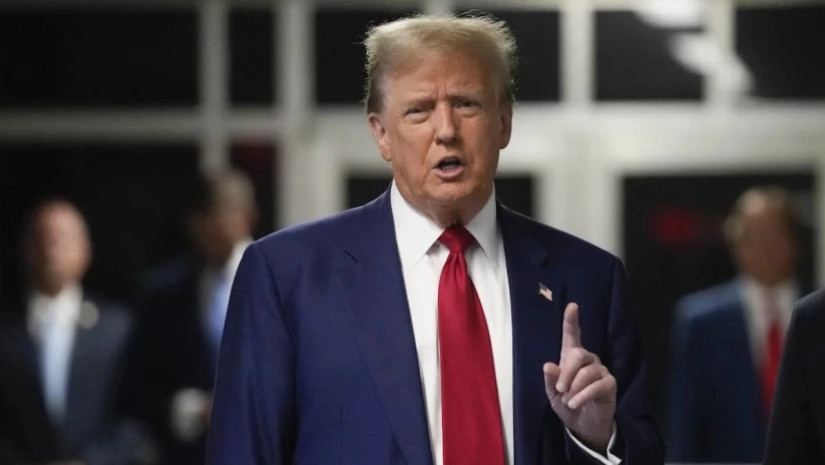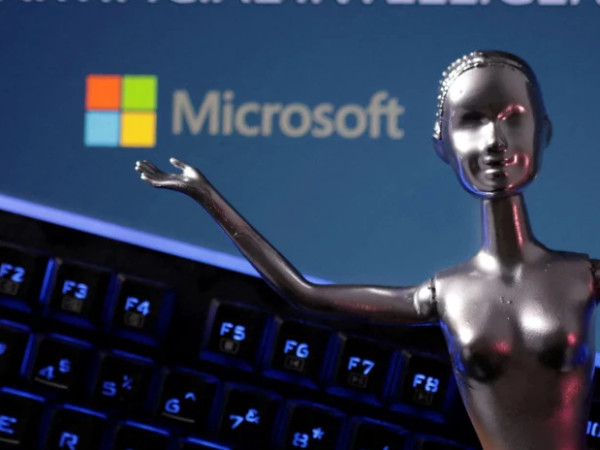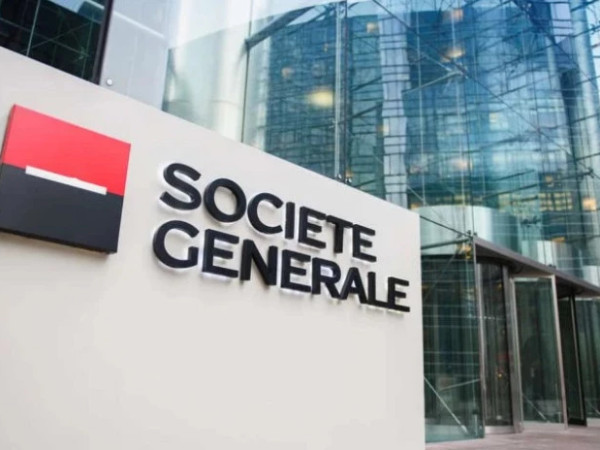US President Donald Trump privately told European leaders during a phone call on 19 May that Vladimir Putin is unwilling to end the war in Ukraine because he believes he’s currently winning. The statement, shared with The Wall Street Journal by three individuals familiar with the exchange, was the first time European officials had heard Trump acknowledge Putin’s stance in such terms. Although this has long been their assessment, Trump had until now publicly maintained that Putin wanted peace.
The phone call came just before Trump’s two-hour conversation with Putin on 18 May. In discussions with European leaders ahead of that call, Trump hinted he might consider sanctions if Russia refused a ceasefire. But that prospect was short-lived. By the following day, he had reversed course and was no longer prepared to apply such pressure. "This isn't my war. We got ourselves entangled in something we shouldn't have been involved in," Trump told reporters, signaling a shift away from any aggressive US posture on the matter.
Despite pressure from Ukrainian President Volodymyr Zelensky and European heads of state, Trump remained resistant to escalating action against Moscow. While the Europeans failed to secure his commitment to new sanctions, they took some value from the clarity his statements provided - both about Putin’s determination to continue the war and about Washington’s reluctance to lead further intervention. It became clear to EU leaders that their continued support for Kyiv may need to stand on its own, though they remain confident the US won’t block weapons deliveries if Europe or Ukraine foots the bill.
In a separate call on Sunday, 18 May, Trump briefed French President Emmanuel Macron, German Chancellor Friedrich Merz, Italian Prime Minister Giorgia Meloni, and British Prime Minister Keir Starmer on plans to send Secretary of State Marco Rubio and Special Envoy Keith Kellogg to participate in upcoming Vatican-hosted talks. During that same call, Trump floated the idea of sanctioning Russia’s energy and financial sectors - something he quickly cooled on less than 24 hours later.
European leaders insisted any outcome from the Vatican discussions should involve an unconditional ceasefire. Trump, however, was hesitant. He objected to the term “unconditional,” claiming he never used it. This contradicted his own words from a Truth Social post on 8 May, where he explicitly called for a 30-day unconditional ceasefire.
Trump's hesitation on coordinated pressure against Moscow marks a notable divergence from the EU’s stance. After speaking with Putin, Trump openly dismissed alignment with the EU sanctions regime and instead voiced interest in restoring economic ties with Russia. The move risks further weakening cohesion within NATO - a longstanding objective of the Kremlin.


















